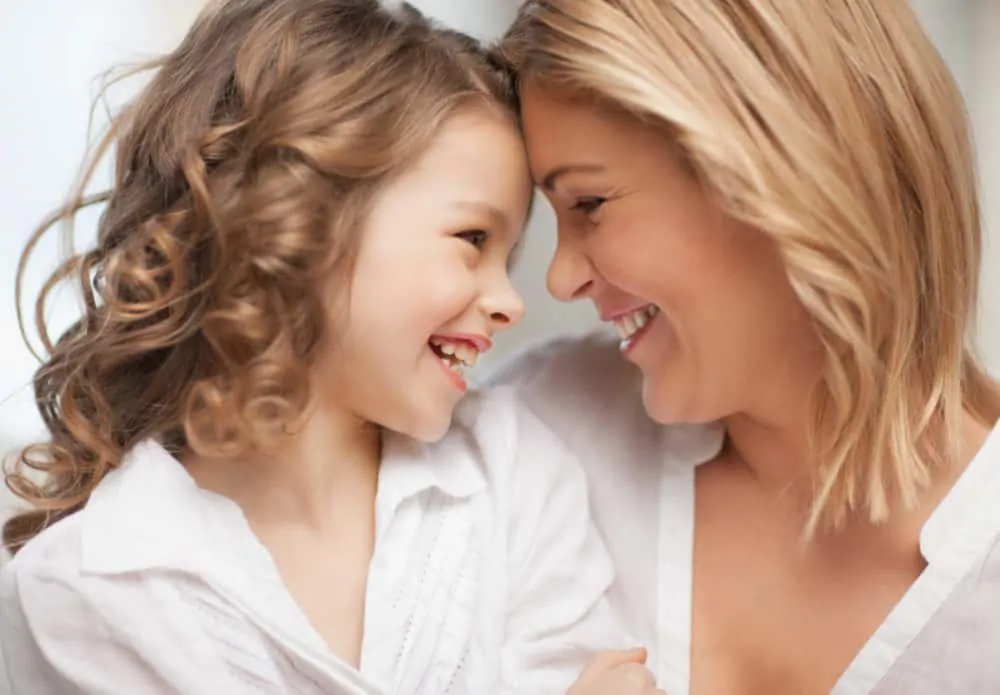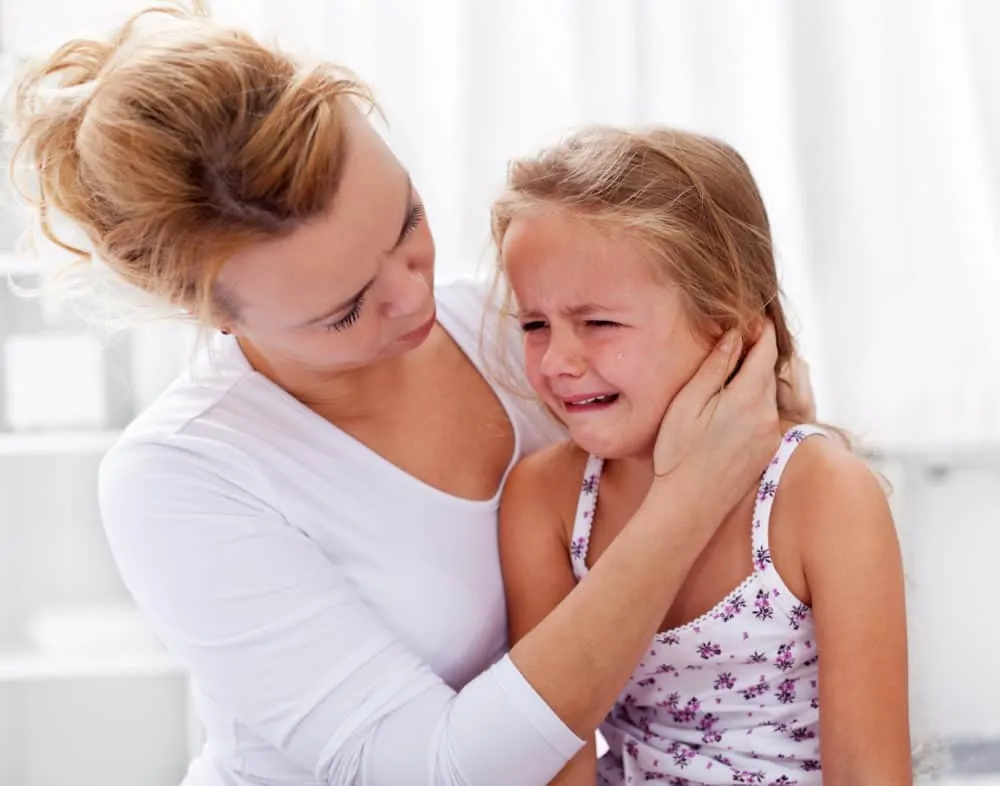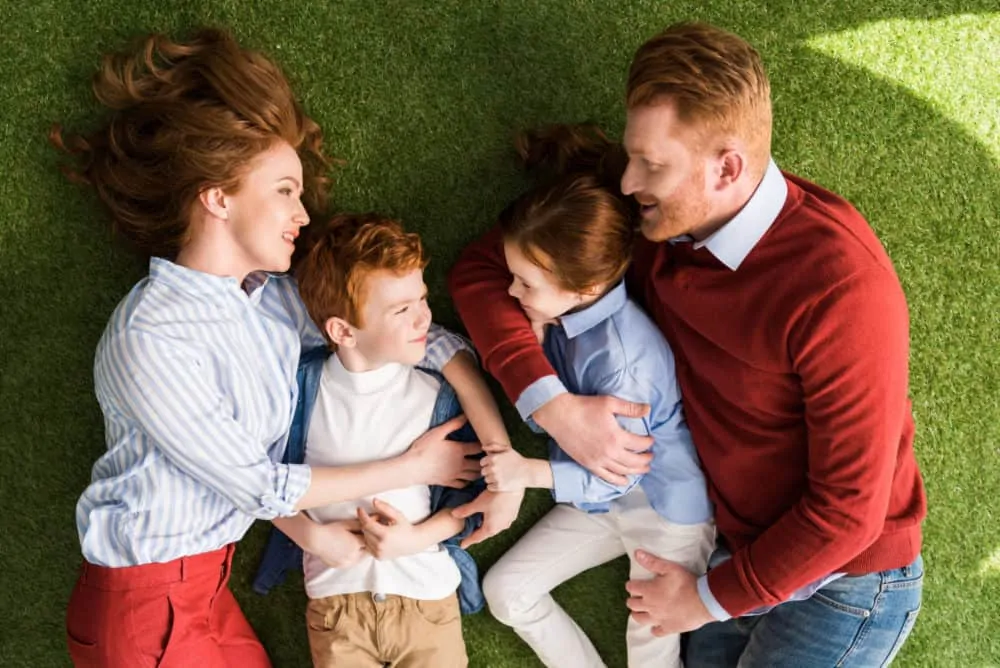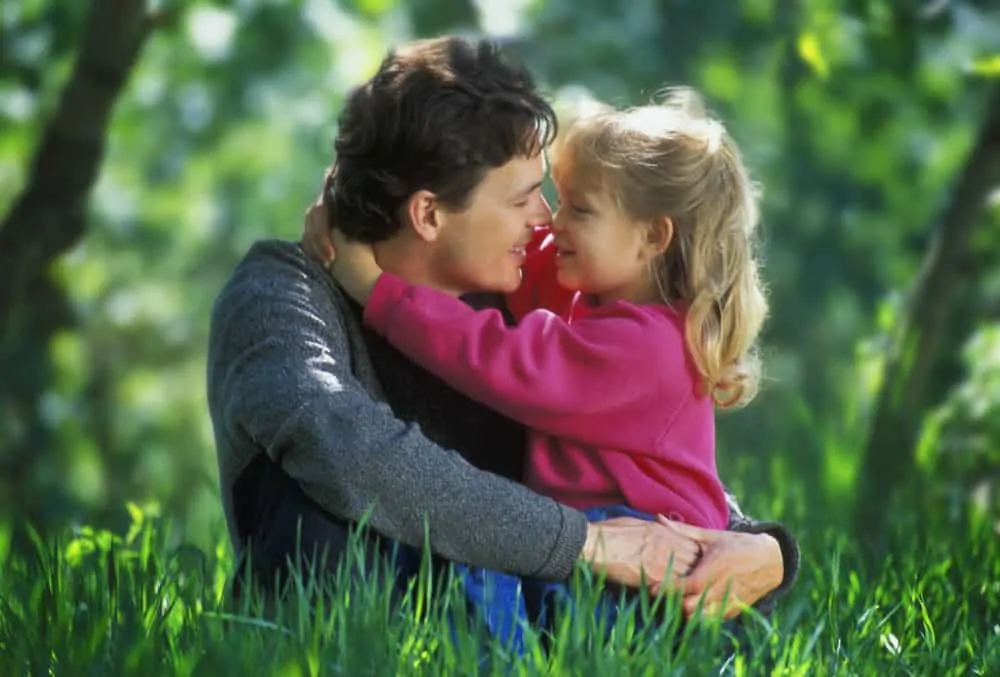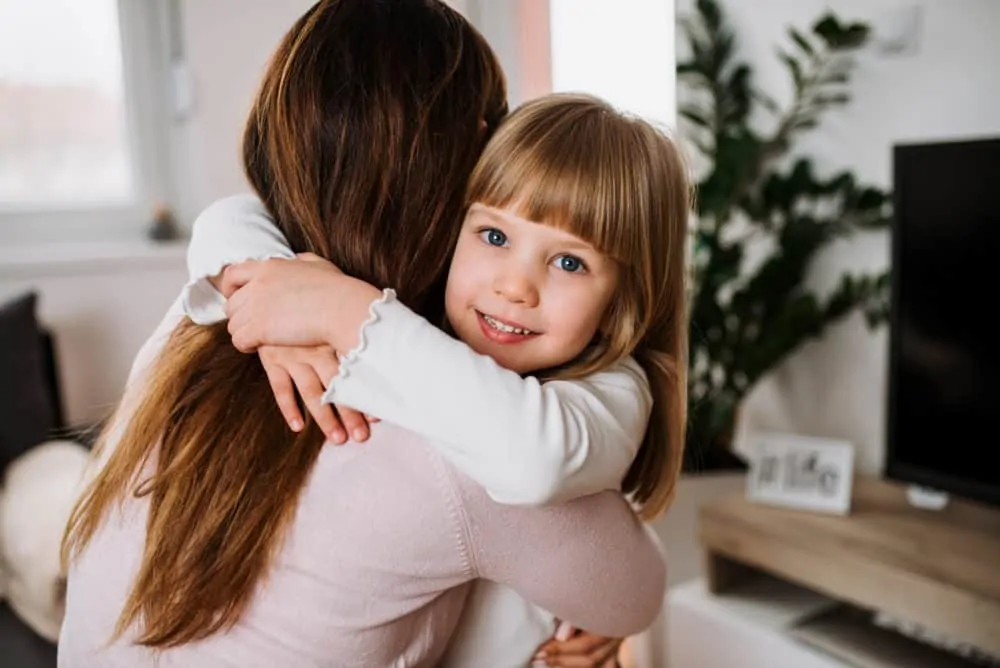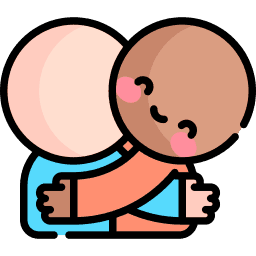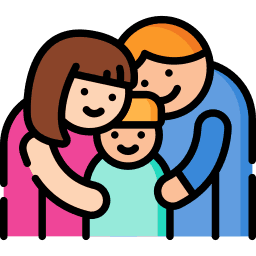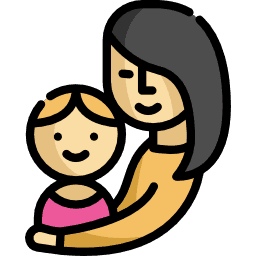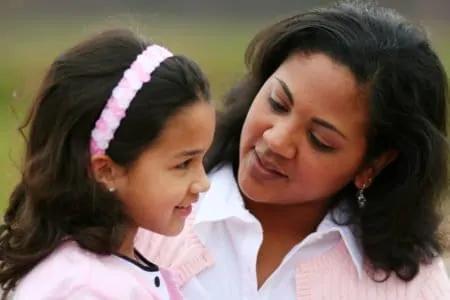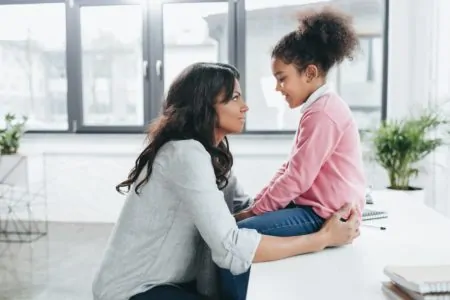When you wrap your arms around your child, you are doing much more than simply showing affection. A hug is a powerful exchange of energy that goes far beyond fleeting physical contact (1).
Research proves that regular hugging significantly impacts your child’s emotional, cognitive, and physical growth. It teaches them about empathy, regulates their nervous system, and helps them fight off illness (2).
Here is a closer look at the science-backed benefits of hugging your kids.
Key Takeaways
- Boosts brainpower: Sensory stimulation from hugs is crucial for normal brain development and cognitive growth.
- Improves physical health: Hugging strengthens the immune system, regulates heart rates, and supports healthy growth patterns.
- Builds emotional resilience: Regular affection lowers cortisol levels, helping kids handle stress and develop secure attachments.
- Regulates behavior: Hugs can stop temper tantrums by soothing a dysregulated nervous system and triggering “feel-good” hormones.
Benefits of Hugging Kids
1. Hugs Make Kids Smarter
If you aren’t sure how a hug relates to IQ, the science is actually quite fascinating (3).
A groundbreaking study of children in Romanian orphanages revealed the devastating effects of touch deprivation. These children received basic care but almost no physical affection.
As they grew, they displayed significant developmental delays. Even when adopted by loving families later, many struggled to make up for those early cognitive gaps. This research highlights that sensory stimulation, specifically physical touch, is necessary for building the neural pathways required for learning and intelligence.
2. Hugs Keep Hearts Healthy
Physical affection does wonders for the cardiovascular system. One study showed that infants over four months old had calmer, steadier heart rates when they received hugs from their parents (4).
Gentle, wanted physical contact activates the parasympathetic nervous system. This reduces blood pressure and lowers the heart rate (5).
When you sit your child on your lap or get down to their level for a squeeze, you are helping them physically relax. This relaxation response promotes better long-term heart health and teaches their body how to return to a state of calm.
3. Hugs Support Physical Growth
It sounds like magic, but affection actually fuels growth. Children who receive plenty of physical touch have healthier growth patterns than those who are touch-deprived.
When a child is deprived of contact, their body can fail to release enough growth hormone, a condition sometimes called “failure to thrive.” While hugging won’t make your child taller than their genetics allow, a lack of affection can actually stunt their growth by suppressing the necessary hormones.
4. Hugs Stop Temper Tantrums
Hugs are one of the most effective tools to stop temper tantrums.
When your child has a meltdown, they are not giving you a hard time; they are having a hard time. Their emotions have hijacked their brain, and they physically cannot calm down on their own.
Offering a hug provides “co-regulation” (6). Your calm nervous system helps soothe their chaotic one. This releases oxytocin, which lowers stress hormones and ends the tantrum much faster than sending them to a corner to “scream it out” alone.
5. Hugs Increase Happiness
Hugging acts as a chemical reset button for the brain. Children who don’t get enough physical affection have markedly lower levels of oxytocin (7).
Oxytocin is the “love hormone” associated with trust, safety, and happiness (8). It also works alongside serotonin and dopamine to boost mood.
The effects are long-lasting. Studies suggest that children who experience high levels of affection grow into adults with higher levels of happiness and mental well-being.
6. Hugs Build Emotional Resilience
Life is full of stressors, but hugging helps kids handle them better. Hugging reduces cortisol, the body’s primary stress hormone (9).
When you hug your child during a difficult moment, you are helping them regulate their stress response. Over time, this teaches them that they can recover from negative emotions. They learn to navigate the ups and downs of life without becoming permanently overwhelmed, fostering deep emotional resilience.
7. Hugs Strengthen Emotional Bonds
Secure attachment is the foundation of a healthy parent-child relationship. Researchers studying institutionalized children found that touch is critical for forming these bonds (10).
Hugs tell a child, “You are safe here.” Without this physical reassurance, children may develop disorganized attachment styles, leading to difficulty trusting others or forming relationships later in life. Frequent hugging cements the trust between you and your child.
8. Hugs Boost the Immune System
Can a hug keep the doctor away? Science suggests it might.
In a study by Carnegie Mellon University, researchers exposed volunteers to a common cold virus. They monitored the participants’ social interactions and hug frequency.
The results were impressive. Participants who received the most hugs were the least likely to get sick. Even the “huggers” who did catch the virus experienced milder symptoms and shorter illnesses compared to those who received less affection (11). The stress-reducing power of hugs seems to keep the immune system firing on all cylinders.
9. Hugs Improve Self-Esteem
A hug is a non-verbal way of saying, “You matter.”
When you hug your child, you reinforce the idea that they are lovable and valuable (12). This physical validation is internalized as self-worth.
Building a strong foundation of self-esteem in childhood is vital. Low self-esteem is often linked to poor decision-making in teenage years and adulthood, including unhealthy relationships and substance abuse (13).
10. Hugs Teach Empathy
Hugging is a two-way street that teaches children about give and take.
When you hug your child, you are modeling how to provide comfort and recognize the needs of others. It connects their feelings to your feelings. Through this exchange, children learn that their actions can positively impact another person, helping them develop a strong sense of empathy.
FAQs About Hugging
No Excuse Needed
Hugging is one of the easiest, most effective ways to support your child’s development. It costs nothing, requires no equipment, and benefits both the giver and the receiver.
Whether it is a morning squeeze to start the day or a comforting embrace to stop a tantrum, every hug counts. So go grab that wiggly bundle of energy and give them a squeeze. You are literally hugging them into better health.

